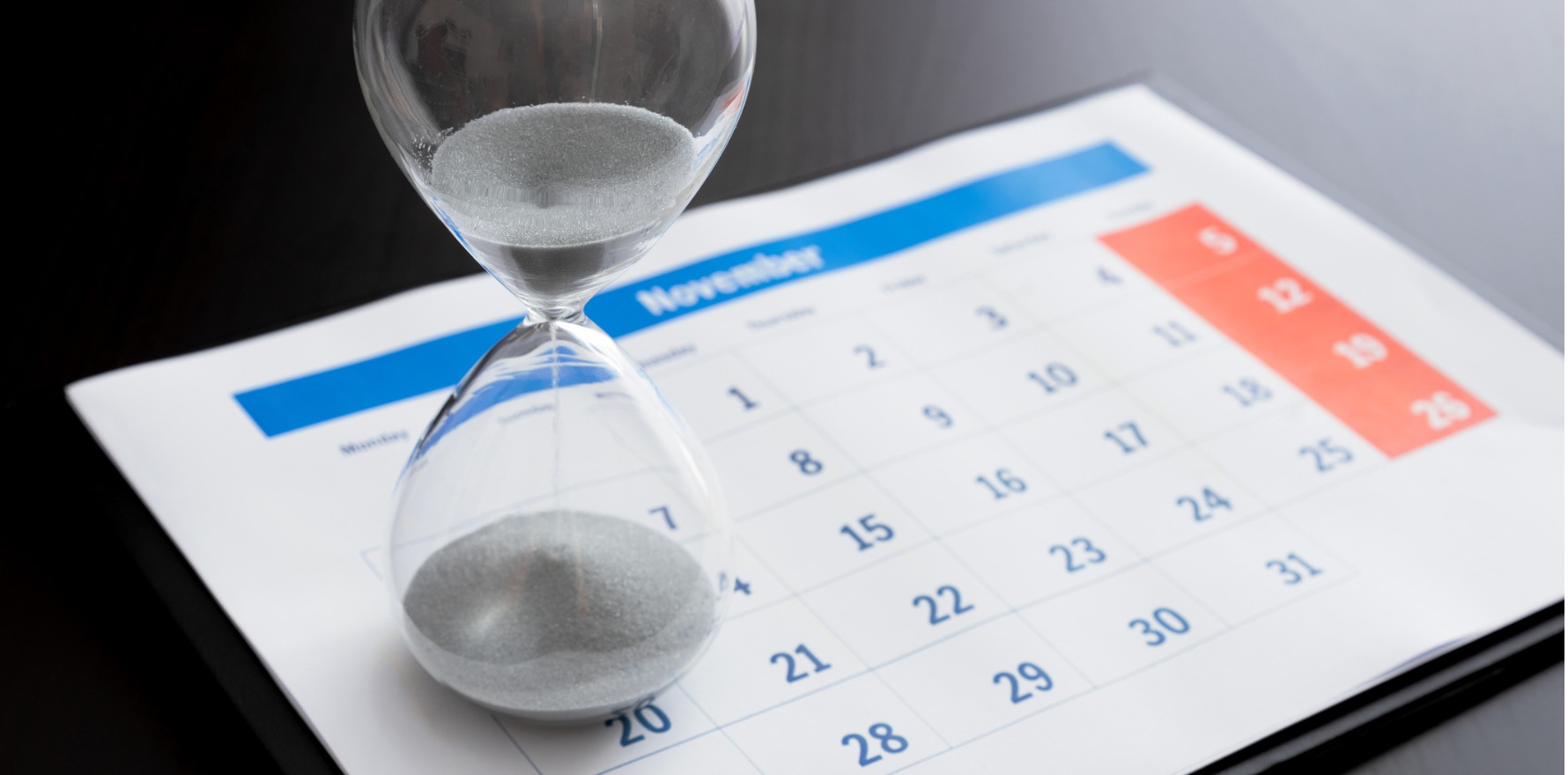A short-term solution to the telehealth bulk-billing consent SNAFU will reportedly be ready for rollout within the coming week.
The administrative nightmare of obtaining written patient consent to bulk bill could soon be downgraded to a bad dream, with the Department of Health and Aged Care okaying a digital form compatible with practice software.
In practice, this will mean that GPs will no longer need to manually fill out the entirety of the DB4E or DB020 forms because they will be interoperable with practice software, allowing them to be auto-populated with patient details.
The improved forms are set to be made available in the coming week, the RACGP said.
TMR reached out to both Best Practice and Medical Director to confirm whether the government’s timeline of a week or less was accurate, but didn’t hear back before deadline.
“I want to thank the Department of Health for listening to the RACGP and making this change – it means GPs will have more time to spend on patient care,” college president Dr Nicole Higgins said.
To be clear, this is just a short-term measure.
It doesn’t change the legislative requirement under subsection 20B paragraph 3c of the Health Insurance Act 1973 to have written bulk-billing consent from a patient.
This requirement was temporarily waived by DoHAC for telehealth appointments during the covid pandemic, a move which has since been criticised by the Australian National Audit Office as creating “no legal basis for Services Australia to pay the benefit to the provider”.
That ANAO report was released in January of this year, but DoHAC didn’t get around to updating its advice on verbal consent until mid-September, when the new arrangements first appeared in a fact sheet.
These new arrangements took away the ability of doctors to simply collect verbal consent to be bulk billed during a consult and record it in their notes, replacing it with the requirement for doctors to manually fill out forms and write “patient verbally agreed” in the signature box.
Alternatively, GPs can still obtain patient consent for bulk billing via email or snail mail.
The patient has to explicitly acknowledge that they agree to be bulk billed before the GP can claim the patient’s Medicare rebate.
GPs were somewhat unimpressed with the new rules, to put it mildly.
The uproar caught the attention of Health Minister Mark Butler, who told the RACGP in mid-October that he had asked DoHAC to provide more workable options, including legislative amendments.
According to the RACGP, DoHAC also acknowledged that a number of measures in the Health Insurance Act 1973 are out of date and need to be brought “into the 21st century”.
“The RACGP will continue to work with the government and health department to lessen the administrative burden on Australia’s GPs and practice teams, so they can get on with the job of caring for patients and communities,” Dr Higgins said.
AMA President Professor Steve Robson told The Medical Republic that he anticipated a consultation on potential legislative fixes would be announced soon.
“We welcome the announcement from the department which is in line with the advice we received from the minister,” Professor Robson said.
“The department has worked constructively with us to find workable solutions to a problem that resulted from legislation that has not kept pace with the digitalisation of practices and innovations like telehealth.”





